On 20th April, a rare hybrid solar eclipse will be visible in Singapore, where the Moon will cover up to 15% of the Sun’s disk. As people anticipate the astronomical phenomenon, Science Centre Observatory has put together the attached list of FAQs, for everything to know about the eclipse.
What is the astronomical event happening on 20 April?
The astronomical event taking place on 20 April is called a hybrid solar eclipse. In this rare type of solar eclipse, some places will observe a total solar eclipse while some will observe an annular solar eclipse. This is due to the Moon’s orbit and Earth’s curvature during the eclipse.
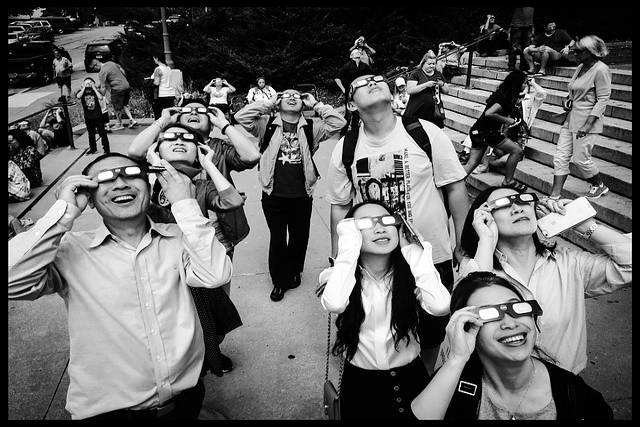 Image: Pixabay
Image: Pixabay
In places, where the Moon is near the zenith during the eclipse, such as the town of Exmouth in Australia, the Moon’s apparent size, will be the largest, causing a total solar eclipse. However, in places such as Singapore, Indonesia, Philippines and Papua New Guinea, which are out of the complete shadow of the moon will, observers will witness a partial eclipse as only part of the Sun will be covered.
In Singapore, the Moon will only cover an average of 15% of the Sun’s disk at the peak of the eclipse.
What time will the eclipse happen?
The eclipse is expected to happen in three phases:
- Start of eclipse: 10.54am
- Maximum eclipse: 11.55am
- End of eclipse: 12.58pm
Where are the best places to view the eclipse?
The solar eclipse can be spotted from most places in Singapore, as it is almost directly above our heads.
Science Centre Singapore will also host a viewing session at the Ecogarden with telescopes set out to offer a safe and magnified view of the eclipse. A livestream of the eclipse will also be available via Science Centre Singapore’s YouTube channel. Admission charges apply (telescope viewing is complimentary with a Science Centre admission ticket available on Klook).
💝 Help us understand you better by taking part in TNAP survey and stand a chance to win NTUC vouchers. Take part here.
Can the eclipse be viewed with the naked eye?
Directly viewing the eclipse with the naked eye is unsafe, and the use of sunglasses and common household or vehicular solar films is also insufficient. To ensure adequate protection for the eyes, viewers must use specialised solar filters. Those using telescopes or binoculars to view the eclipse should use proper solar filters designed for the equipment. Sunglasses and window solar films are not safe and will damage your eyes.
Solar glasses built for solar observation can be purchased from Science Centre Singapore’s Curiosity Shop at $5 a pair. You can also secure your solar glasses online at here. Solar viewers can also be purchased from the Astro Scientific Centre for $5.90, while stocks last.
How often do solar eclipses happen?
On average, there are two to five solar and lunar eclipses each year, while a total eclipse takes place every 18 months or so. The visibility of the eclipse depends on the location.
When will we next see an eclipse in Singapore?
The next solar eclipse visible in Singapore is on 2 August 2027. It will be a partial solar eclipse occurring during sunset, which is difficult to catch. Following that, another partial solar eclipse will be visible in Singapore on 22 July 2028.
Information provided by Science Centre Observatory.
The last Annular Solar Eclipse in Singapore was on 26 December 2019 and below are some frequently asked questions (FAQs) then.
 Image: Pixabay
Image: Pixabay
1. What is an Annular Solar Eclipse?
An annular solar eclipse happens when the Moon covers the Sun’s center, leaving the Sun’s visible outer edges to form a “ring of fire”, or annulus. The eclipse is visible from within the area where the shadow falls. As observers go closer to the center of the shadow’s path, more of the Sun will appear to be covered by the Moon.
2. What can observers expect to see during the Annular Solar Eclipse on 26 Dec 2019?
Observers along the annular path, indicated by the dark line marked out in the diagram, will be able to witness a full Annular Solar Eclipse. Apart from Singapore, the Annular Solar Eclipse will also be visible from parts of Saudi Arabia, India, Sri Lanka, Indonesia and Guam.
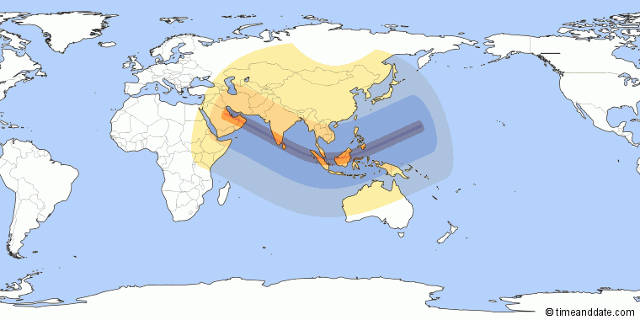
In Singapore, the Moon will cover nearly 94% of the Sun. During this occurrence, the sky and the surroundings will appear significantly dimmer.
Eclipse Timeline in Singapore
- Partial eclipse begins: 11:27 am
- Annular eclipse begins: 1:22 pm
- Maximum eclipse: 1:24 pm
- Annular eclipse ends: 1:24 pm
- Partial eclipse ends: 3:18 pm
Observers can view the eclipse outdoors where there is a clear and unobstructed view of the Sun. However, observers in the Northern parts of Singapore will only be able to witness a partial eclipse (more information on timeanddate.com).
3. How frequently do Annular Solar Eclipses occur?
While the exact frequency is irregular, Annular Solar Eclipses occur once every one to two years. However, the likelihood of an Annular Solar Eclipse being visible from a specific location occurs approximately once in 200 years.
4. How often do Solar Eclipses occur in Singapore?
Solar eclipses are rare events. Between 1700 and 2100, only 146 solar eclipses have been and will be visible from Singapore. Of these 146, only three are total or annular solar eclipses, while the remaining 143 are partial eclipses.
The last partial solar eclipse visible from Singapore happened on 9 March 2016 and was part of a Total Solar Eclipse that happened across Indonesia and the Pacific Ocean. Prior to this, the Total Solar Eclipse visible from Singapore occurred nearly a century ago in 1821.
5. When is the next Solar Eclipse in Singapore expected to occur?
The next eclipse visible in Singapore will be a Partial Solar Eclipse on 21 June 2020. Following this, the next Annular Solar Eclipse visible in Singapore will occur 44 years from now on 28 February 2063.
6. What can people expect from the Eclipse Viewing Event at Science Centre Singapore?
On 26 December, Science Centre Singapore will be organising an Eclipse Viewing Event to allow the public to view the eclipse safely through telescopes.
Science Centre Singapore tickets are available via Klook.
Guests are welcome to explore Science Centre’s galleries from 9am and may join the queue (based on the time slots allotted via online booking prior to the event) for telescopes 11.15am onwards. Viewing of the eclipse through the telescopes will take place at the Ecogarden from 11.27am to 3pm.
A live streaming of the Annular Solar Eclipse will also take place at the Marquee and E3 Exhibition and will be available on FB.
7. How should we protect our eyes?
During an eclipse, viewing the Sun without any form of protection can cause permanent eye injury, including blindness. As the retina of the eye has no pain receptors, the effects of eye injury would only occur several hours later.
For safe viewing, ISO-certified safe solar glasses can be purchased at Science Centre’s Curiosity Shop for $5 per pair. These glasses are made of a dark film, which filters out not only the visible light, but also infrared and ultraviolet light from the Sun.
Other safe methods of viewing include:
- Pinhole projection – pinhole projectors can be constructed easily from readily available materials.
- Solar viewer – workshops are conducted by Science Centre Singapore for interested participants to construct a safe device to view a magnified image of the Sun.
If engaging in photography, please check with camera vendors on the appropriate camera filters to use before taking photographs or videos of the eclipse. Using inappropriate filters can result in eye damage and/or damage to your camera.
The following are unsafe methods. Note that this is not an exhaustive list. When in doubt, stick to one of the safe viewing methods stated above.
- Sunglasses (polarised and non-polarised versions)
- Solar film for car and household windows
- Tinted glass
- Photographic negatives
- X-ray film
- CDs/DVDs
- Photographic filters
- Look at the reflection in a bowl of water or mirror
* * * * *
Like what you see here? Get parenting tips and stories straight to your inbox! Join our mailing list here.
Want to be heard 👂 and seen 👀 by over 100,000 parents in Singapore? We can help! Leave your contact here and we’ll be in touch.






















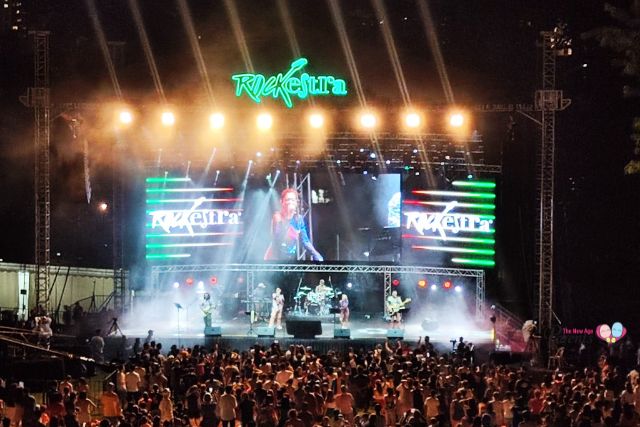














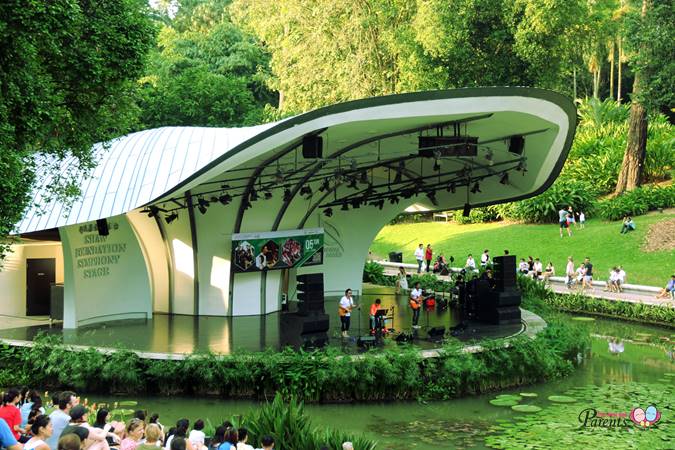
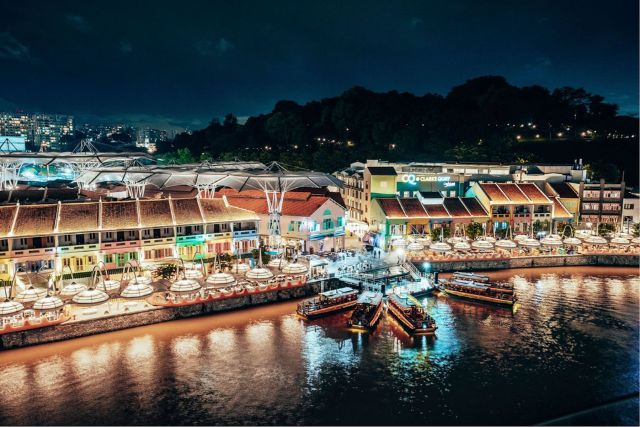
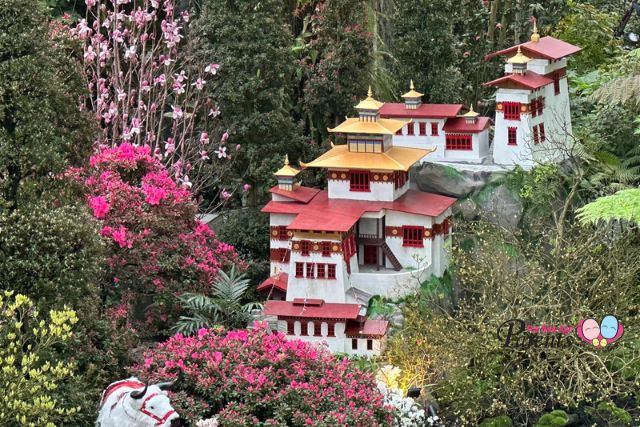






Leave a Comment: